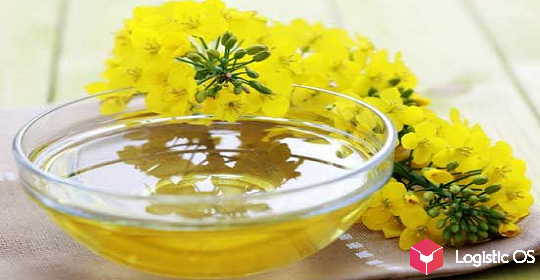According to recent reports, the introduction of a digital registry of plant protection products has been postponed in the European Union.
The digitalization of the agricultural sector has slowed in the EU: one of its elements, the introduction of a mandatory digital registry of plant protection products, has been temporarily postponed.
Experts note that this is the result of resentment from farmers who are unwilling to adopt new standards imposed on them from above.
Firstly, some farmers believe that traditional pen and paper are much more convenient than all the modern «innovations» and high technologies.
Secondly, the new registration system requires farmers to provide a large amount of data. For example, the name of the crop being processed and its area, as well as the plant’s development stage, the start time of treatment, the plot number, and the product’s permit number.
Consequently, harvesting time and the overall bureaucratic burden on companies and farmers will increase.
The EU initially announced the transition to a new registration system for plant protection products in March of this year. This was required to be done through the Fytoweb platform.
However, this sparked significant discontent in the agricultural sector.
Furthermore, farmers were unpleasantly surprised by the sudden introduction of the regulation, without even consulting them. Furthermore, the potential increase in bureaucratic burden is also causing considerable discontent.
«In Europe, but also in Flanders and at the federal level, there’s a lot of talk about simplifying administrative procedures. But here they’re demanding additional data registration.
Our members simply refuse to accept this. It’s an additional administrative burden without any compensation.
And even a small error can be grounds for sanctions,» notes Pieter Van Oost, a lawyer with the Farmers’ Union.
He also added that those who develop regulations «in high places» often simply have no idea what the situation is like «on the ground.»
Farmers working in thick, specialized phytogloves experience significant difficulties entering data into an app via smartphone, especially in windy or rainy weather.
In such situations, a notepad and pen seem much more convenient. Moreover, the use of plant protection products often requires urgent intervention. In such situations, the additional time investment is unacceptable.
Overall, EU farmers consider the delay in the new regulations a victory for now. However, they clearly need to prepare for their imminent implementation.

